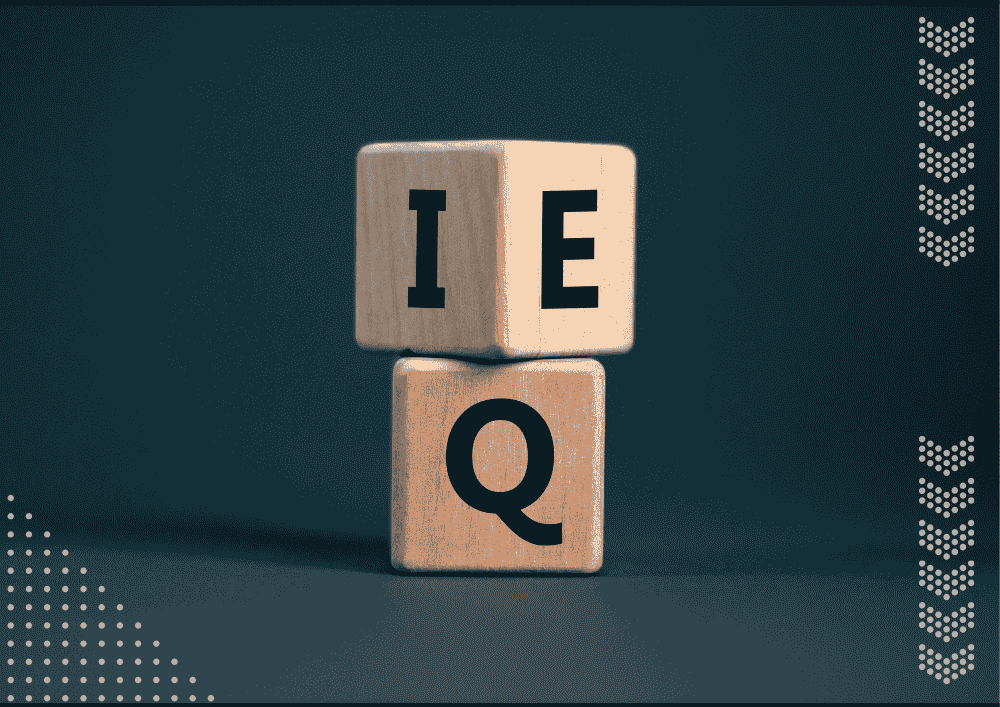“Some of the greatest moments in human history were fueled by emotional intelligence.” – Adam Grant

Great leaders aren’t just defined by their skills or vision—they’re distinguished by their emotional intelligence (EI). This often-overlooked trait empowers leaders to connect deeply with their teams, make sound decisions under pressure, and foster an environment of trust and collaboration.
What is Emotional Intelligence?
Emotional intelligence is the ability to:
- Understand and Manage Emotions: Recognizing your emotions and regulating them effectively.
- Empathize with Others: Understanding the emotions and perspectives of those around you.
- Build Strong Relationships: Using emotional awareness to communicate and resolve conflicts constructively.
Why EI Matters in Leadership
- Stronger Team Dynamics: Leaders with EI create supportive environments where team members feel heard and valued.
- Better Decision-Making: Emotional regulation helps leaders think clearly, even under stress.
- Increased Trust: Empathy and effective communication build credibility and loyalty among team members.
Research shows that emotionally intelligent leaders drive higher engagement, productivity, and job satisfaction.
How to Develop Emotional Intelligence as a Leader
- Practice Self-Awareness: Reflect on your emotions and how they influence your decisions and interactions.
- Listen Actively: Focus on truly understanding others instead of simply responding.
- Cultivate Empathy: Put yourself in others’ shoes to better connect and communicate.
- Seek Feedback: Regularly ask for input on your leadership style to identify blind spots and grow.
The EI Advantage
Emotional intelligence isn’t just a leadership skill—it’s a superpower. By mastering EI, leaders can inspire their teams, navigate challenges with grace, and create lasting impact.
How do you apply emotional intelligence in your leadership? Share your thoughts and inspire others to lead with heart and insight!
